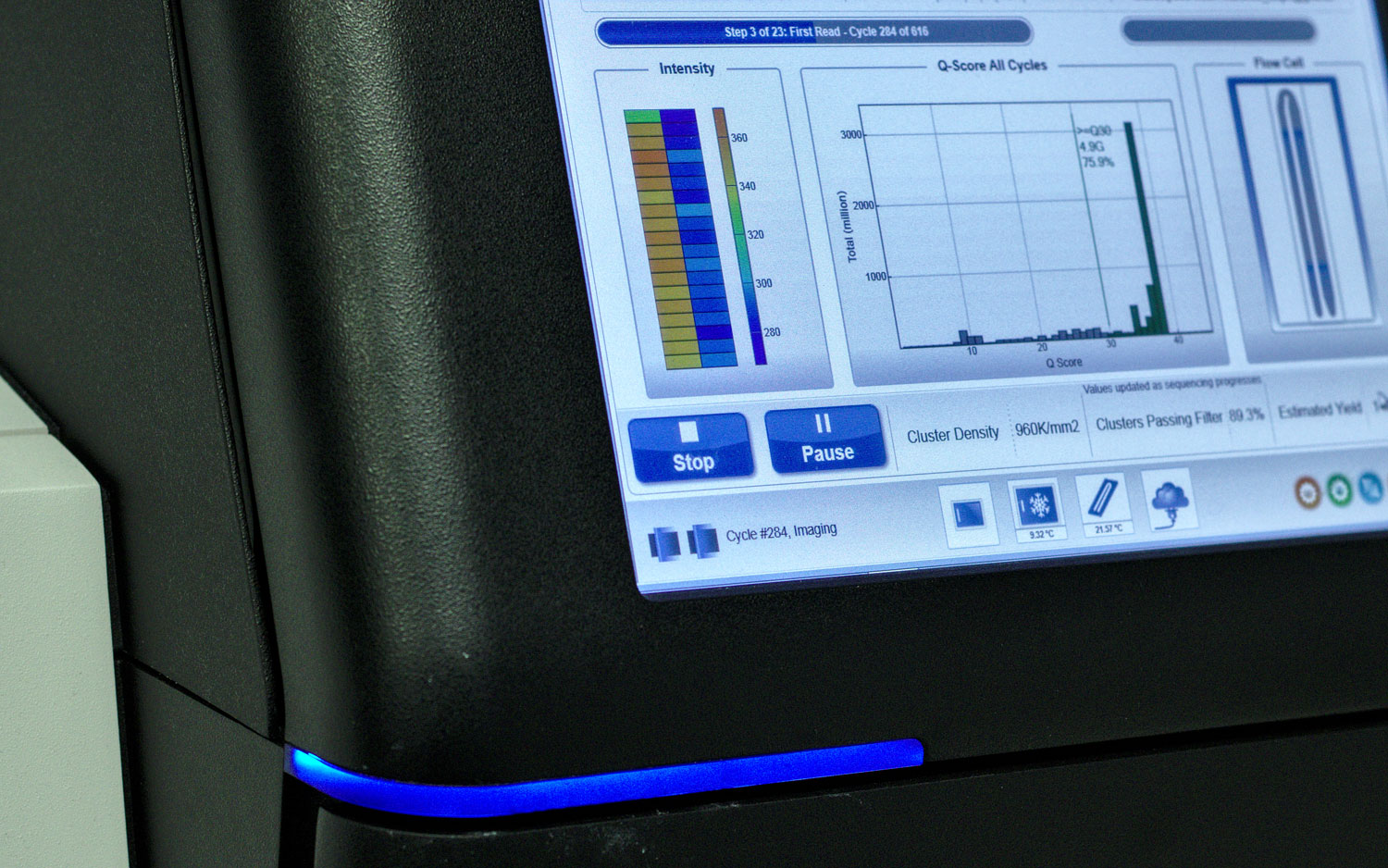Over the last 10 years, DNA sequencing has experienced an exponential growth due to the emergence and development of mass sequencing techniques (NGS, Next Generation Sequencing). Currently, these initials encompass both the second generation sequencing platforms as well as the new third generation platforms. The implementation and development of these techniques open up new possibilities for analysis in multiple subdisciplines related to Biological and Health Sciences.

Some of the fields that are experiencing new advances thanks to massive sequencing are:
- Clinical Microbiology, Public Health and Epidemiology
- Study of the microbial communities of the human body and their relationship with health and disease
- Microbiological safety in Public Health and in the agri-food industry
- Pest control
- Human genetics
In order for these advances to take place, it is essential to have adequate sequencing platforms as well as professional personnel experienced in this type of techniques.
In this context and with the idea of promoting biomedical research, the Sequencing and Bioinformatics Service of FISABIO-Public Health was born.
The Service has independent laboratories and all the necessary equipment for the processing of biological samples, purification and modification of nucleic acids as well as for the construction of libraries and sequencing.
The service has topographically separated laboratories to avoid contamination (pre and post amplification of nucleic acids).
The service is also equipped with calculation servers and high-performance backup units for processing sequencing data and bioinformatic analysis.
